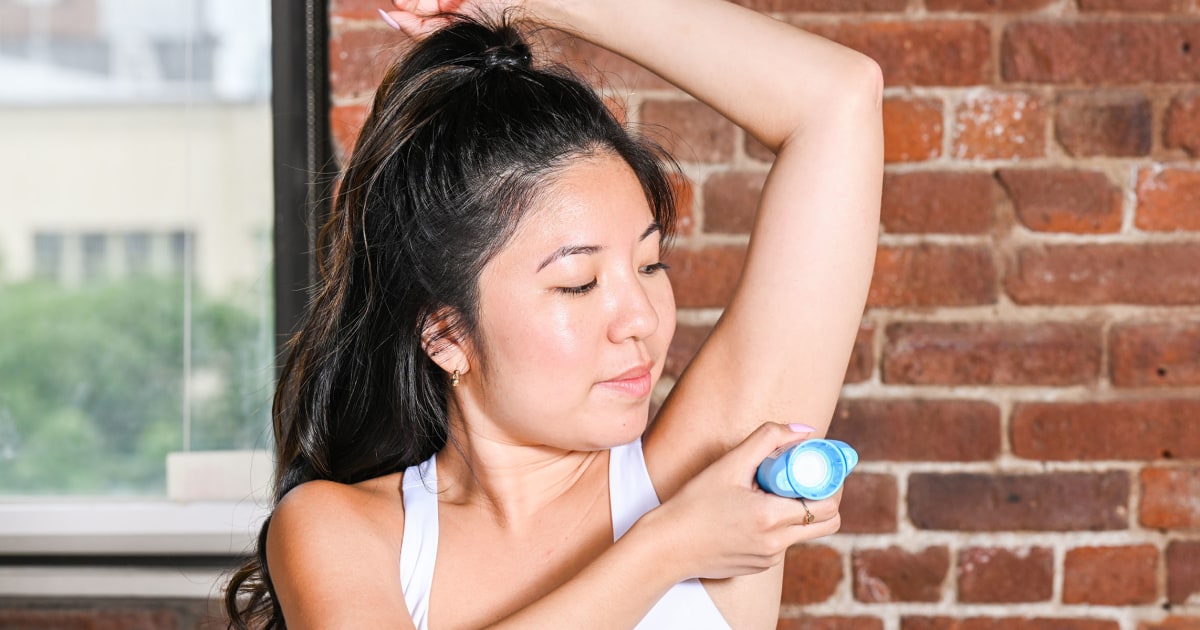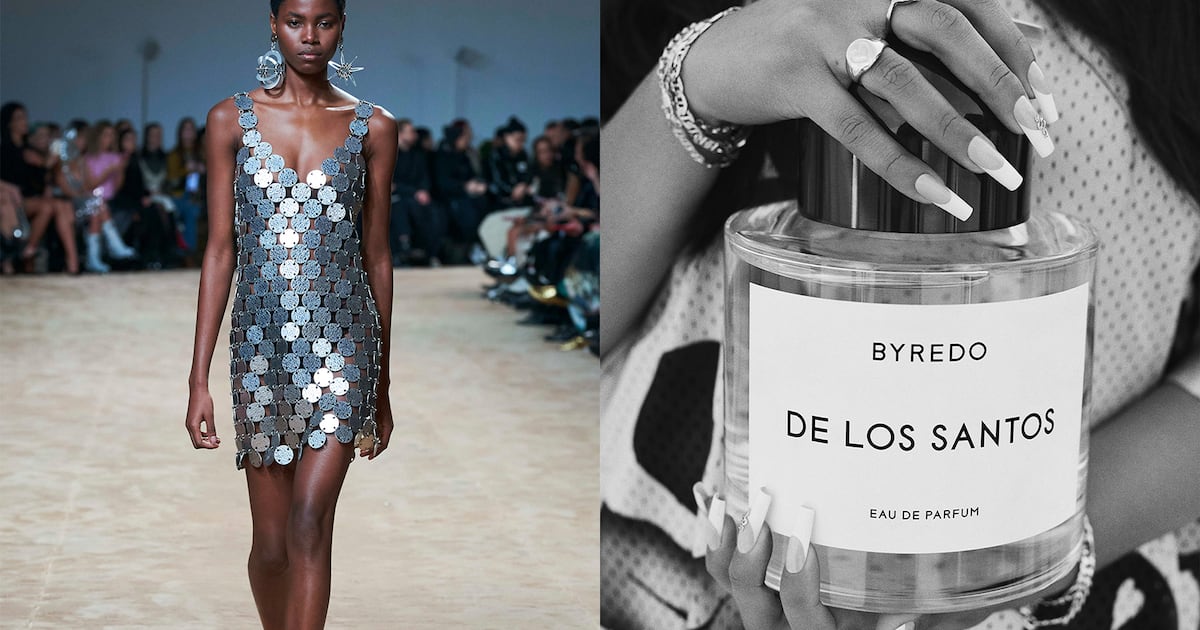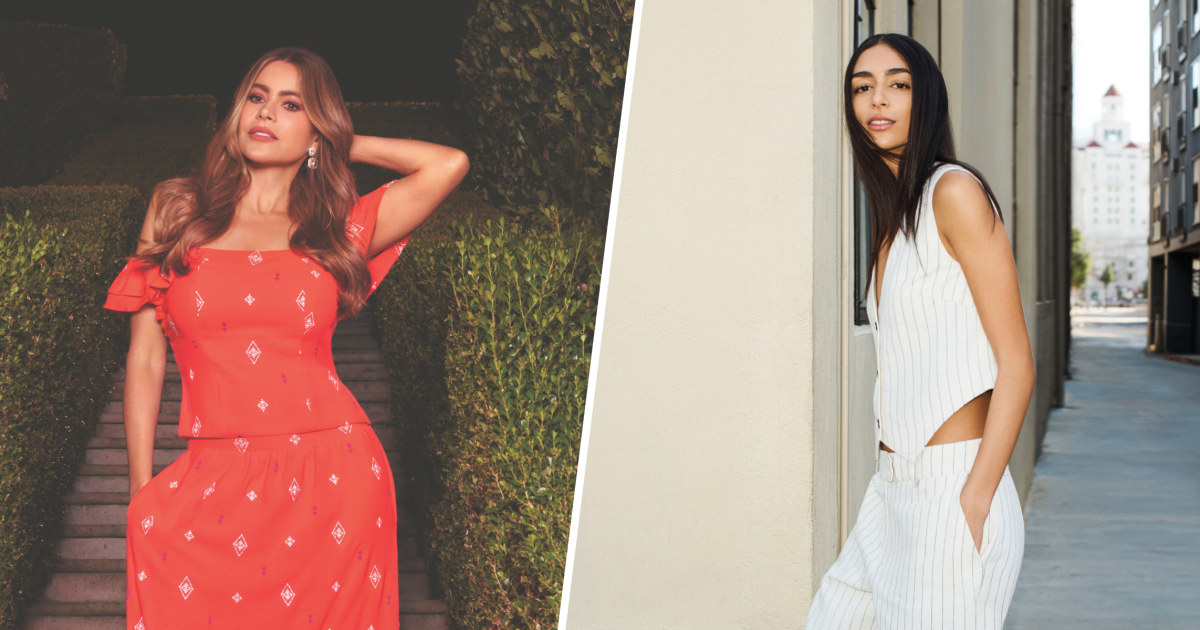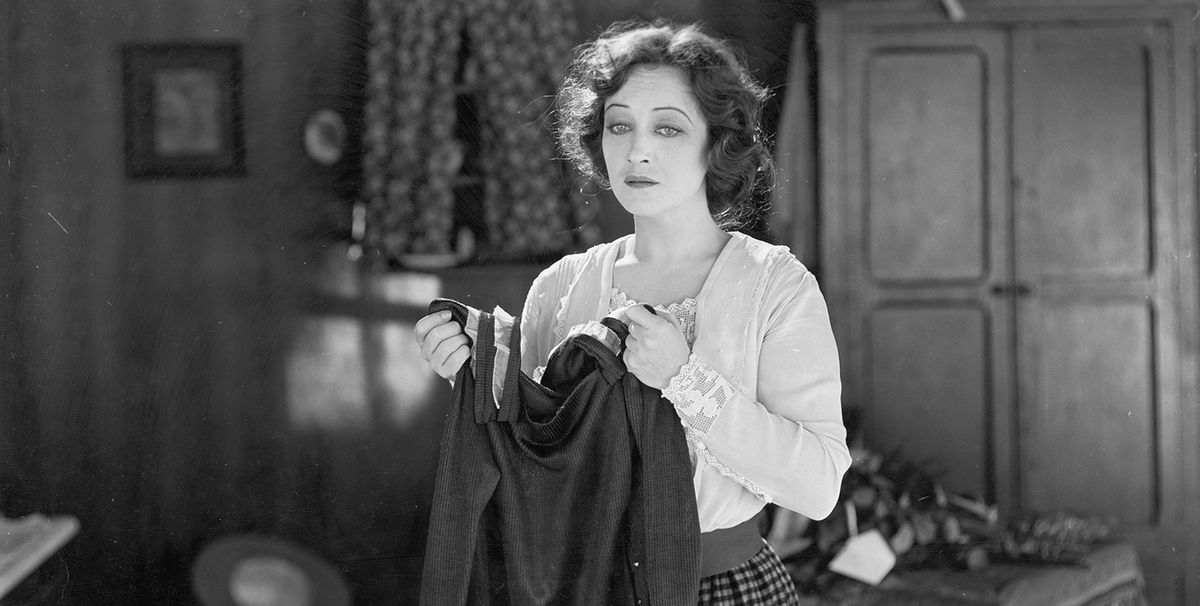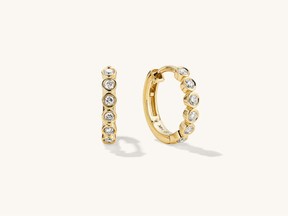Barron, 34, is among what research has shown is a fast-growing group of gun owners in America — Black women.
After watching mass shooters rip through their spaces — grocery stores, church, parades — women who have spent a lifetime keeping guns out of their homes and away from their families are strapping up.
“Buffalo,” said Monique Chapman, 53. “We, as African Americans, sit here, as targets.”
What made that horrible decision more bearable? They found a Black woman to teach them.
These two women — among more than a dozen others, Black and White — spent two days a couple of weeks ago getting a concealed carry permit under the guidance of Mary Pitt, a Black woman like them, who was a firearms instructor both in the Air Force and with police in Atlanta.
Her clientele used to mostly be what you’d expect — gun guys. She was often contracted as an instructor for police and military folks.
“I see a high increase in females. Over 1,000% recently,” said Pitt, whose company, BOOM BOOM Firearms Training, is named for the sound her RPG made in Iraq. “I have women who came in fearful and came out confident. I had women who had never shot at the range before, who never held a gun. They were crying. They jumped.”
Now she’s snapping orders in a fire engine red, Kevlar vest, drilling women who know that she knows how complicated this all is.
“I wouldn’t even let my kids have play guns. Squirt guns. None of it,” said Tanya Butler, a tall, elegant 58-year-old who is clearly more comfortable in the halls of power than on the gun range.
A recent increase in crime — from car jackings to insurrections — has surrounded the congressional office where she works on Capitol Hill. “And now I have a gun safe, and I do take the gun out at night,” she said. “I’m not ready to carry yet. But I have the option.”
In the past two months, the combination of the Supreme Court’s ruling lowering the bar for concealed-carry permits and the unmooring feeling of vulnerability in the Black community following the race-fueled massacre in a Buffalo grocery store, Pitt has become a matriarch of the armed, Black, female community.
“They call and tell me they want a female instructor,” Pitt told me, when we met about a month ago. I had gone to the parking lot of Maryland Small Arms Range, the one near Joint Base Andrews, to talk to gun owners after the Supreme Court ruling. I was expecting to find a lot of White guys who love their guns cheering the change.
But the first few people I met coming out of the range, one after another, were Black women.
“I want to be able to keep my community safe,” one of those women told me.
Just about all the women I talked to at the range that day — as we pulled the protection off one ear to talk in between the booms — mentioned Trayvon Martin, Tamir Rice, Alton Sterling, Philado Castille. And Sandra Bland.
Black women are unsafe in America. Violence against Black women and girls shot up nearly 34 percent in 2020 amid an overall spike in homicides, to about 8 deaths per 100,000 — a rate more than twice that of White women, at about 3 per 100,000, according to Centers for Disease Control and Prevention data. Five Black females — women and girls — were killed every day in 2020.
More than 40 percent of Black women are assaulted and more than 20 percent are raped in their lifetimes, according to the Institute for Women’s Policy Research. These statistics are lower for all other women. And amid this trauma, Black women are expected to fill a stereotype — rooted in truth — that they are the strong ones in a community or family holding it all together.
No wonder more are thinking of having guns. Even though they aren’t a simple answer.
“You’re damned if you do, damned if you don’t,” said a 67-year-old grandmother of six, who hasn’t handled a gun since she left the Army, but decided to get her concealed carry permit because of all these events targeting Black folks.
They all said they feel America has let them down when it comes to feeling like they are protected. And it’s an important part of the gun control conversation. The same people who want to ban guns probably agree that Americans of color feel especially unsafe in the nation they helped build.
“You have to keep your head on a swivel now in the theater, the grocery store,” said Chapman, who retired from the Navy and was happy to leave weapons behind. She’s a suburban mom and grandma. “And I don’t want to say all officers are bad. I have law enforcement officers in my family. But you don’t always know if they’re on our side.”
Barron said it wasn’t part of her culture to grow up with weapons.
“Unlike a lot of White people, who grew up hunting or shooting with the family, we didn’t have that,” she said. “So we’re not familiar with guns. Handling guns. Safety. All that.”
That’s where Pitt comes in.
She’s not necessarily thrilled with how easy it is to get a concealed carry permit right now. She wants applicants to do more, even after they qualify.
Just 16 hours of training. Conference room slide-show presentations. Paper tests. At the most, 50 rounds are fired. That’s it.
But Pitt includes the high-tech, video simulators that include scenarios where students have to decide whether to shoot. They’re the same kind that police academies use.
The women told me she is more patient and thorough than the male instructors they see around them. Most found her online — her website is hard to miss. And she talks to them about kids and gun safety. Pitt does regular, free youth gun safety seminars for kids throughout the region. Often, kids are the ones who bring the mothers to her.
“I am honored they come to me,” Pitt said. She’s worried about them.
As their paper targets were examined, their scores tallied and they waited to see if they qualified for a license, she gave them some parting advice:
“It may be fashionable to carry a gun,” she warned. “But if you get your license, train more. Train before you carry a gun. It’s safer for everyone.”
As guns outnumber people in America, it’s no wonder Black women are seeking to level the playing field. Imagine a world where they didn’t have to.


